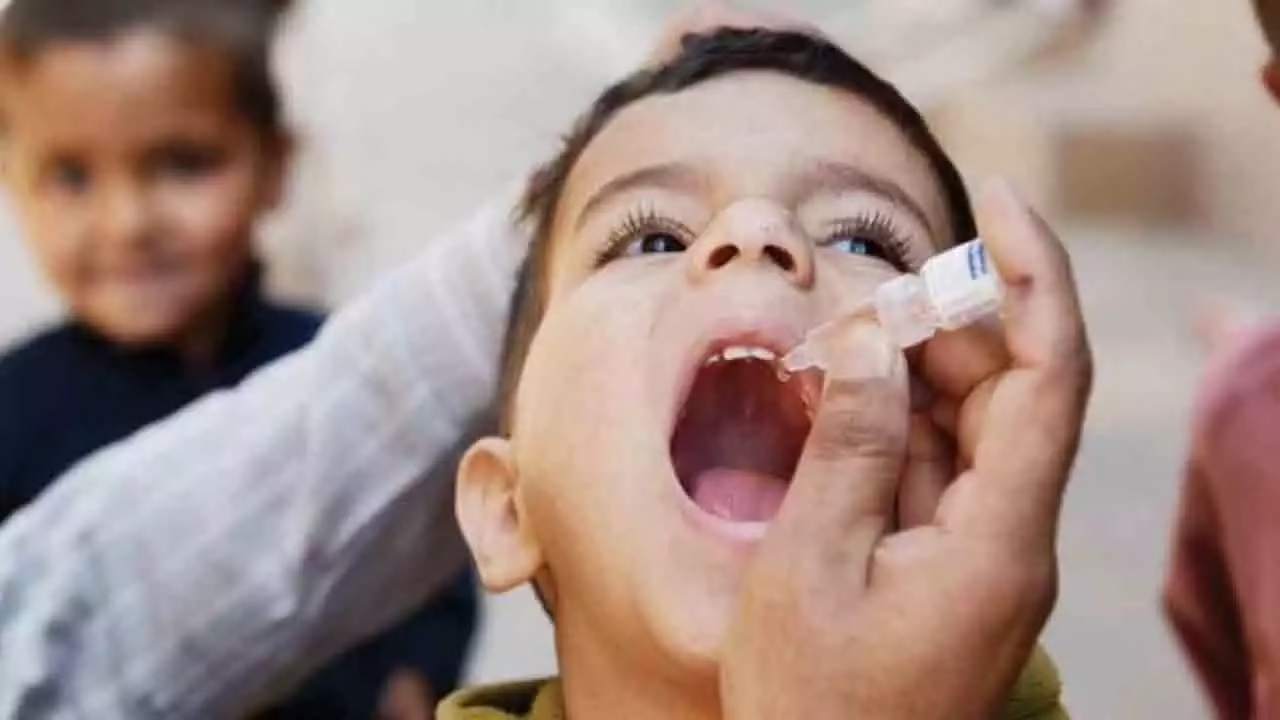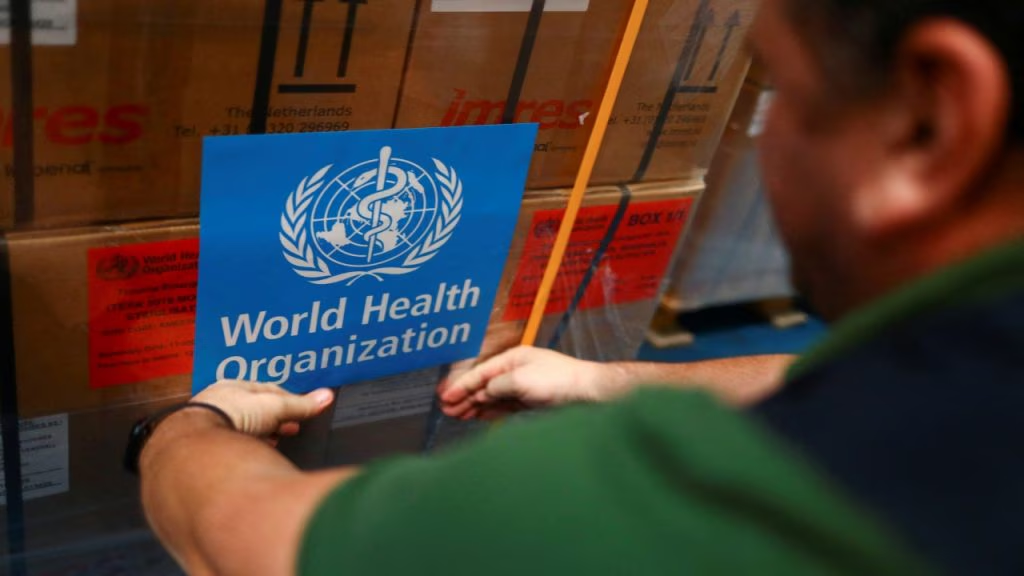In 2024, Pakistan witnessed a concerning rise in polio cases, marking the highest numbers reported in recent years. A total of 67 children across 33 districts were affected by this crippling disease. Alarmingly, 550 environmental samples confirmed the presence of the polio virus, and one child tragically lost their life. This sharp increase has intensified concerns about Pakistan’s ongoing battle to eradicate polio.
This year, Balochistan reported the highest number of cases, with 27 children affected across 13 districts. Sindh followed with 19 cases in 12 districts, while 19 cases were recorded in six districts of Khyber Pakhtunkhwa. Punjab and Islamabad each reported one case. Comparatively, in 2023, only six cases were reported, including four from Khyber Pakhtunkhwa and two from Sindh. In 2022, 20 children were affected, while 2021 saw just one case in Balochistan. The years 2020 and 2019 were significantly worse, with 84 and 147 cases, respectively.
Notably, no polio cases have been reported in Gilgit-Baltistan or Azad Jammu and Kashmir from 2015 to 2024, showcasing localized success in eradication efforts.
In 2024, a significant $151.87 million was allocated for anti-polio campaigns. The Islamic Development Bank contributed a loan of $42.45 million, while foreign donors provided grants totaling $109.42 million. The Gates Foundation alone granted $55 million, highlighting global collaboration to combat polio in Pakistan.
Under the Polio Eradication Program, between 43.6 million and 45.6 million children were vaccinated across 12 campaigns in 2024. Despite these extensive efforts, the rise in polio cases highlights several challenges. Limited access to remote areas due to geographical and security concerns, vaccine hesitancy fueled by misinformation, and inadequate healthcare infrastructure remain significant hurdles in achieving eradication.
While Pakistan struggles with polio resurgence, neighboring countries like India and Bangladesh have achieved remarkable milestones. India has been polio-free since 2014, and Bangladesh achieved this status in 2006. These countries provide valuable lessons in effective vaccination campaigns, public awareness strategies, and robust healthcare systems.
According to the World Health Organization, Pakistan ranks 122nd out of 190 countries in terms of health standards. It is one of only two countries where polio remains endemic, the other being Afghanistan.
To address the alarming increase in polio cases, Pakistan must adopt a comprehensive approach. Enhancing vaccination drives, especially in remote and conflict-prone areas, is critical. Countering vaccine hesitancy through community-driven campaigns and addressing misinformation about vaccines are equally important. Strengthening healthcare systems with better infrastructure and training for healthcare workers is essential. Collaboration with global partners to learn from successful models in India and Bangladesh, while continuing to receive international support, will also play a key role.
The resurgence of polio in Pakistan in 2024 is a wake-up call for urgent action. With concerted efforts from the government, healthcare professionals, and global partners, the dream of a polio-free Pakistan can still become a reality. However, time is of the essence, and the health of millions of children depends on the success of these initiatives.



